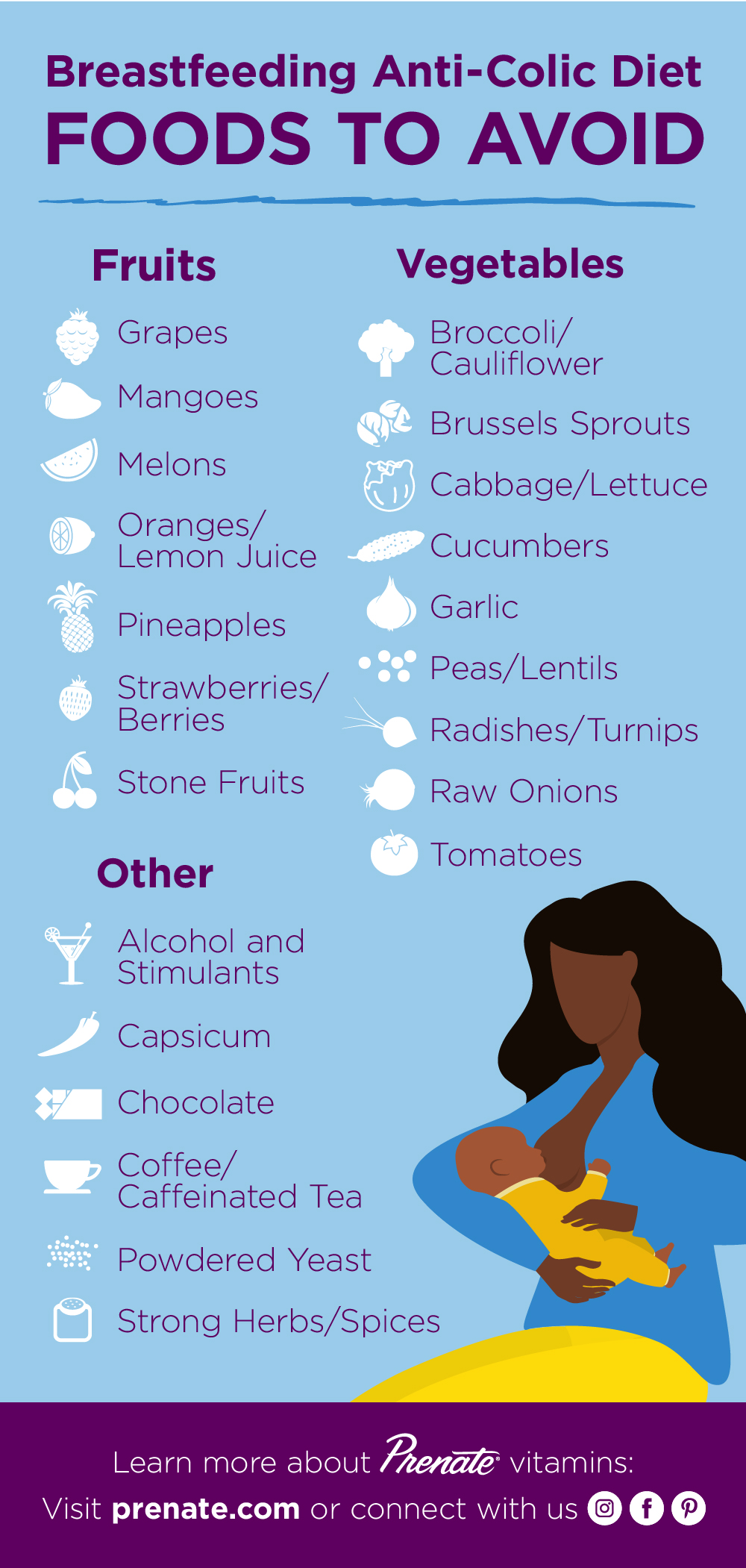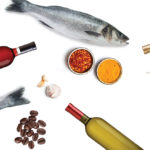The Anti-Colic Diet: Foods to Avoid to Help Combat Infant Colic
February 5, 2015
Colic is a bit of a mystery in the world of medicine. Because infants aren’t able to discuss their symptoms when they feel discomfort, parents and doctors can only diagnose their conditions based on the symptoms they can see and medical testing. With colic, the primary symptom that presents is crying…a lot of crying. The term colic is used to refer to a healthy, well-fed infant, who cries more than three hours a day, more than three days a week and for longer than three weeks.1
There are many proposed causes of colic, ranging from a moody baby, ear infection or even injury to bones, muscles or fingers. But many of the proposed causes deal with the stomach and gastrointestinal tract: gas, reflux, spasms of the growing GI tract or hormones that cause stomachaches.
Unfortunately, there is not one specific cure-all for colic. However, mother’s who are breastfeeding may try adjusting their diet and evaluate how that impacts their baby. Your diet is very complex with many factors all working together. Below is a list of foods to avoid if your baby is colicky. Rather than cutting out all of the items below, try cutting out one group and evaluate if you see a change in your baby’s condition.
- Food and drinks that contain caffeine, such as coffee, tea and sodas
- Vegetables that may cause gas, such as broccoli, cauliflower, cabbage
- Fruits that contain high amounts of citric acid, such as citrus fruits, pineapple and berries
Recent research studies have evaluated the impact of probiotics for infantile colic. Researchers found that probiotic supplementation significantly and progressively shortened crying times to seven days reaching a plateau of three weeks post initiation of therapy.2
Prenate® Restore is a softgel pregnancy vitamin specifically designed for the needs of breastfeeding mothers and babies. In addition to 15 vitamins and nutrients, Prenate® Restore contains probiotics and DHA that replenish mom’s reserves and supports gastrointestinal and immune health for both mother and baby. Breastfeeding mothers can save up to $40 instantly on their first prescription. Ask your doctor if Prenate® Restore is right for you. Click here to learn more about Prenate® Restore, a pregnancy vitamin for breastfeeding moms.
You Are About To Leave This Website
By clicking continue, this link will take you to a website to which Alora Pharmaceuticals Policies & Terms of Use do not apply. Alora and its subsidiaries do not control the content or accuracy of third-party websites and assume no responsibility for their use.
















